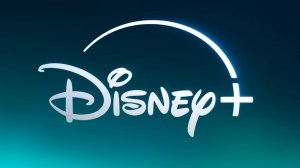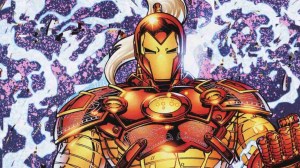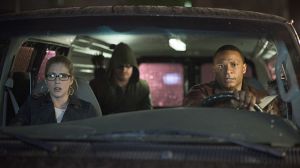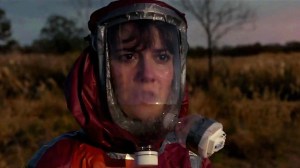Star Wars: Andor is now over halfway through Season 1, with Episode 6, “The Eye”, and Episode 7, “Announcement” marking a high point for the series in terms of critical reviews and viewer reaction. At this point, it feels safe to say that while Andor might not be a universal win in terms of making Star Wars fans happy, it is indeed a major win for Star Wars fans who loved Rogue One: A Star Wars Story, the movie that first introduced Cassian Andor (Diego Luna) to the franchise, and blazed new trail into a type of Star Wars story fans had never seen on the screen before.
Videos by ComicBook.com
Much has been made about the winding road of Rogue One’s production. It was supposed to be the flagship release in Lucasfilm’s new line of “Star Wars Story” standalone films, which would each focus on stories and/or characters outside the main Skywalker family line, and would leave behind much of the Jedi/Sith lore, to focus on other areas of the franchise that didn’t get much focus in films. Rogue One touted the immediate hype of being the story of how the Rebel Alliance obtained the Death Star blueprints – a pivotal plot detail of the original Star Wars movie, A New Hope.
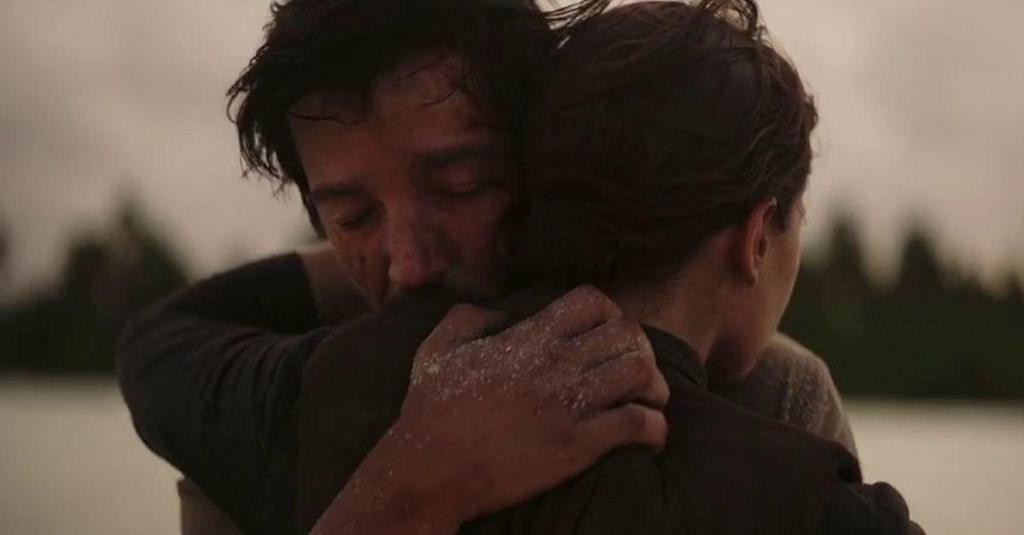
However, up-and-coming director Gareth Edwards infamously clashed with Lucasfilm – to the point that the studio replaced Edwards with Tony Gilroy (Michael Clayton), who reshot substantial portions of the film and pulled it all together without being credited. The debate about the version of Rogue One that Gareth Edwards wanted to make may never end, but there are plenty of fans who were plenty happy with the version of the film that Gilroy put together. In fact, by now, six years after its release in 2016, Rogue One tops the list of Star Wars films for quite a few fans.
As broken down by the ComicBook Nation show, Tony Gilroy is a filmmaker with a distinct signature – one that, as stated, struck a chord with Star Wars fans. Andor represents nothing less than Lucasfilm embracing what Gilroy brought to Rogue One, and letting him do even MORE of it over the long form of two TV show seasons. The films Tony Gilroy has written and/or directed (The Bourne Legacy, The Bourne Supremacy, The Bourne Ultimatum, Michael Clayton) have all looked in on worlds and social orders bent by moral ambiguity (covert ops, corporate law), in which morally gray characters have to wrestle with the cost of making their choices.
In Rouge One, that thematic core was effective in showing why a group of characters (having lived lives of rough survival) come together for a suicide mission that will ultimately benefit a great good. In Andor, that same thematic focus is being extended to examine how Cassian Andor (and many others who cross his path) have to weigh morals and choices to decide where they stand (sheep, Rebels, or willing Imperials) in a time of fascism and oppression.

For Star Wars fans who liked Rogue One, this is a continued exploration of something much more grounded and relatable for Star Wars: everyday people (the kind without Force powers and light swords) who have to find the bravery to stand up against oppression – often at a greater cost than the heroes who became legends. Tony Gilroy’s other proven talent (white-knuckle tension and action) has also made episodes of Andor like “The Eye” some of the best edge-of-your-seat Star Wars viewing since the climax of A New Hope.
Star Wars: Andor streams new episodes Wednesdays on Disney+.


